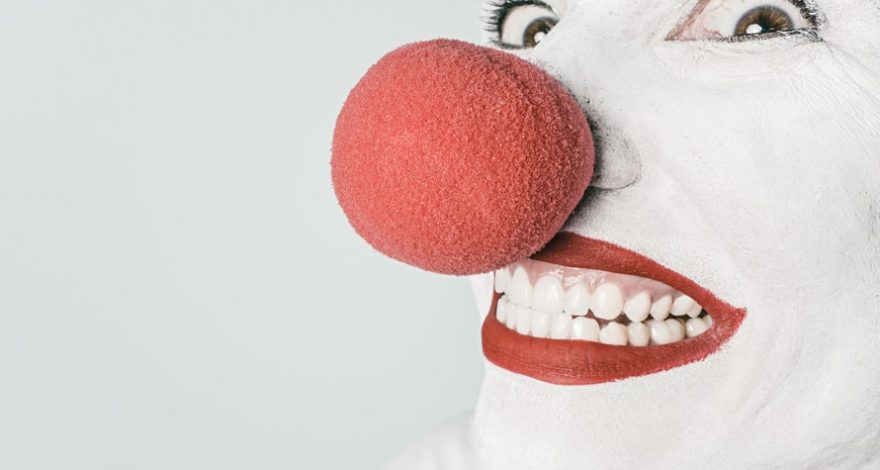Brands React to Creepy Clown Hysteria
March 6, 2017 | Category: Blog

For several months now, reports of scary clown sightings have been making news headlines around the world. Often seen standing on the side of the road at night or wandering down a dark alley, the creepy clowns have managed to unnerve people so, that even corporate brands began to react to the spreading hysteria.
Last week, retail giant Target made the decision to pull its scary clown masks from the Halloween section at its stores, as well as online:
“Given the current environment, we have made the decision to remove a variety of clown masks from our assortment, both in stores and online,” said Target’s spokesperson Joshua Thomas in an email to the press.
Earlier this month, McDonald’s also announced that the fast food chain would scale back on the use of its long-time mascot Ronald McDonald amid consumers’ increased sensitivity to clowns.
Constantly monitoring news headlines and consumer attitudes is an integral part of the job for brand managers and corporate PR practitioners, so it comes as no surprise that more and more brands begin to take measures to proactively disassociate themselves with negative phenomena (such as creepy clowns for instance).
This latest reaction from both Target and McDonald’s can serve as a good example to all PR pros and brands out there. In today’s 24-hour news cycle, companies and organizations need to constantly stay on their toes and be mindful of the public’s ever-changing sensitivities that may potentially affect their reputation.
By being proactive and communicating with their stakeholders, Target and McDonald’s were able to not only avoid potential controversy, but also include themselves into a trending story in a positive way. In other words, the two brands got this one right on the big red nose.

